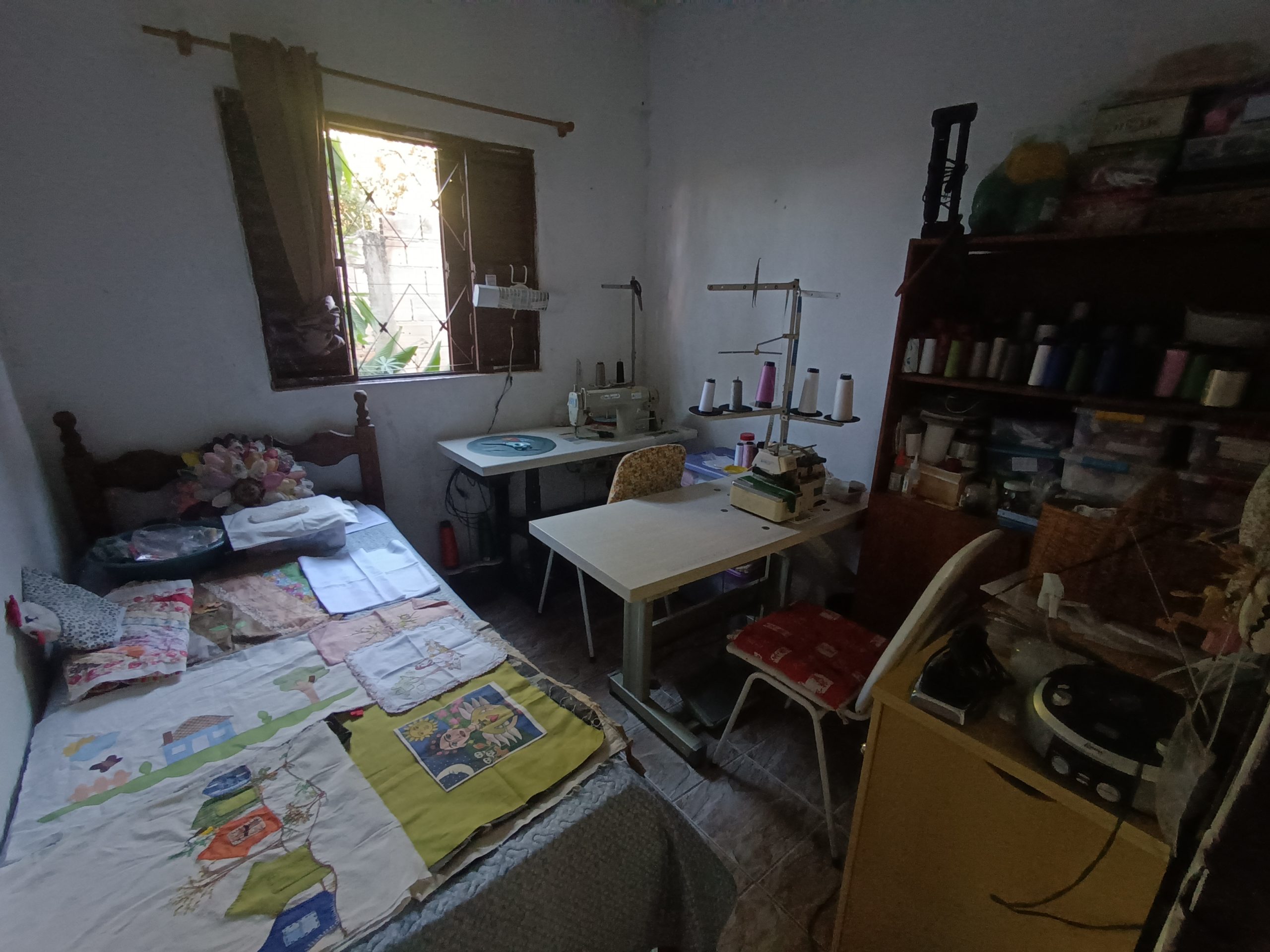This month we begin a series of posts aimed at presenting the most recent research developments of the Lab’s Core Team. We are going to feature all of our researchers, who are working as part of the ERC Inhabiting Radical Housing (IRH) project, the FARE Precarious Housing in Eastern Europe project, or that are pursuing their own individual Marie-Curie or USF fellowships.
We begin with Dr Rodrigo Castriota, part of the ERC IRH team.
Rodrigo Castriota is our Postdoctoral Research Fellow working with the intersection between housing and popular economies in Belo Horizonte, Brazil. His research interrogates the many ways in which home can be “put to work” by urban majorities – whether it is manufacturing, agriculture, exchange, storage, etc. In his first round of fieldwork (late 2022, early 2023), Rodrigo worked with the Solidarity Economies Network, which comprises hundreds of associated popular workers in the metropolitan region, most of which produce from home. Through participant observation and interviews, he attempted to grasp the mundane, everyday dynamics of working from home, the main disputes and challenges that residents face as well as the specificities of home-based business given their type of popular economic activity – food, cosmetics, craftsmanship, confection, amongst others. Rodrigo is now starting his second round of fieldwork, which involves both ethical maneuvers for non-extractive research and a deeper engagement with the affective and material dimensions of home when home is put to work. This stage comprises a moment of feedback to research participants and a project entitled “Popular Consultancy for Popular Economies”, in which he provides assistance to popular home-based enterprises. This project is helpful both to participants – that may not be versed in inventory control, financial management, funding opportunities and the like – and to the research, as it fosters deeper engagement and a more detailed understanding of the productive and reproductive challenges faced at home.
In 2023, Rodrigo has published 2 articles on inhabitation and urban extensions (Dialogues in Human Geography) and extractivism in Amazonia (Revista Geografias) as well as a book chapter on his long-lasting project on extended urbanization in Eastern Amazonia (Extended Urbanization: Tracing Planetary Struggles). He was also honored with the Rodrigo Simões Award for best PhD by the Brazilian Association of Urban and Regional Research (ANPUR) and will have his dissertation edited and published as a book in 2024 (Extended Urbanization in Eastern Amazonia: Excavating the non-City in Carajás).

Rodrigo has now two forthcoming publications that will be out in early 2024. The first, “Housing Beyond the Metropolis: Inhabiting Extractivism and Extensions in Urban Amazonia” (International Journal of Urban and Regional Research) broadens the scope of housing research and theory by examining emergent housing forms in Amazonia shaped by extractivism and extensions, which are largely overlooked due to the overwhelming emphasis on large cities and metropolises. The second, “Vale is the State: Neoextractivism and Authoritarianism in the Region of Carajás” (RBEUR), examines how authoritarianism is inextricably intertwined with the production of urban space in Eastern Amazonia. In 2024, Rodrigo will return to Turin to take part in our collective study activities, our Spring Seminar Series and international conferences where the Beyond Inhabitation Lab will participate. Stay tuned!
Recent publications
Forth. Castriota, R. “Housing Beyond the Metropolis: Inhabiting Extractivism and Extensions in Urban Amazonia”, International Journal of Urban and Regional Research (IJURR).
Forth. Castriota, R. “’Here, vale is the State’: neoextractivism and authoritarianism in the city, the countryside and the forest in the region of Carajás”, RBEUR (Brazilian Review of Urban and Regional Studies).
2023 Simone, AbdouMaliq; Somda, Dominique; Torino, Giulia; Irawati, Miya; R., N; Bathla, Nitin; Castriota, Rodrigo; Vegliò, Simone & Chandra, Tanya. “Inhabiting the Extensions”, Dialogues in Human Geography, DOI: 10.1177/20438206231168896.
Picture: “A seamstress’ bedroom, factory and classroom”, Castriota 2023

